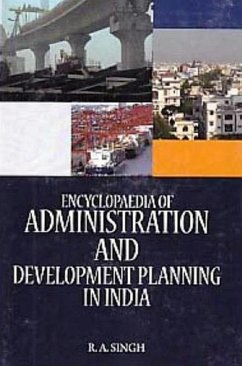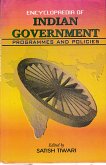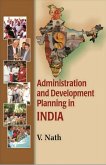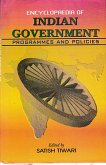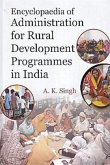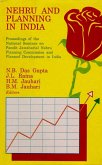The Planning Commission is an institution in the Government of India, which formulates India's Five-Year Plans, among other functions. Rudimentary economic planning, deriving the sovereign authority of the state, first initiated in India in 1938 by Netaji Subhas Chandra Bose when he was the Congress president and drafted by Meghnad Saha. The British Raj also formally established a planning board that functioned from 1944 to 1946. Industrialists and economists independently formulated at least three development plans in 1944. After India gained independence, a formal model of planning was adopted, and accordingly the Planning Commission, reporting directly to the Prime Minister of India was established on 15 March 1950, with Prime Minister Jawaharlal Nehru as the chairman. The Planning Commission does not derive its creation from either the Constitution or statute, but is an arm of the Central/Union Government. The government has initiated, sustained, and refined many programs since independence to help the poor attain self sufficiency in food production. Probably the most important initiative has been the supply of basic commodities, particularly food at controlled prices, available throughout the country. This book presents the information on some of the basic concept of this subject.
Dieser Download kann aus rechtlichen Gründen nur mit Rechnungsadresse in A, B, BG, CY, CZ, D, DK, EW, E, FIN, F, GR, HR, H, IRL, I, LT, L, LR, M, NL, PL, P, R, S, SLO, SK ausgeliefert werden.

